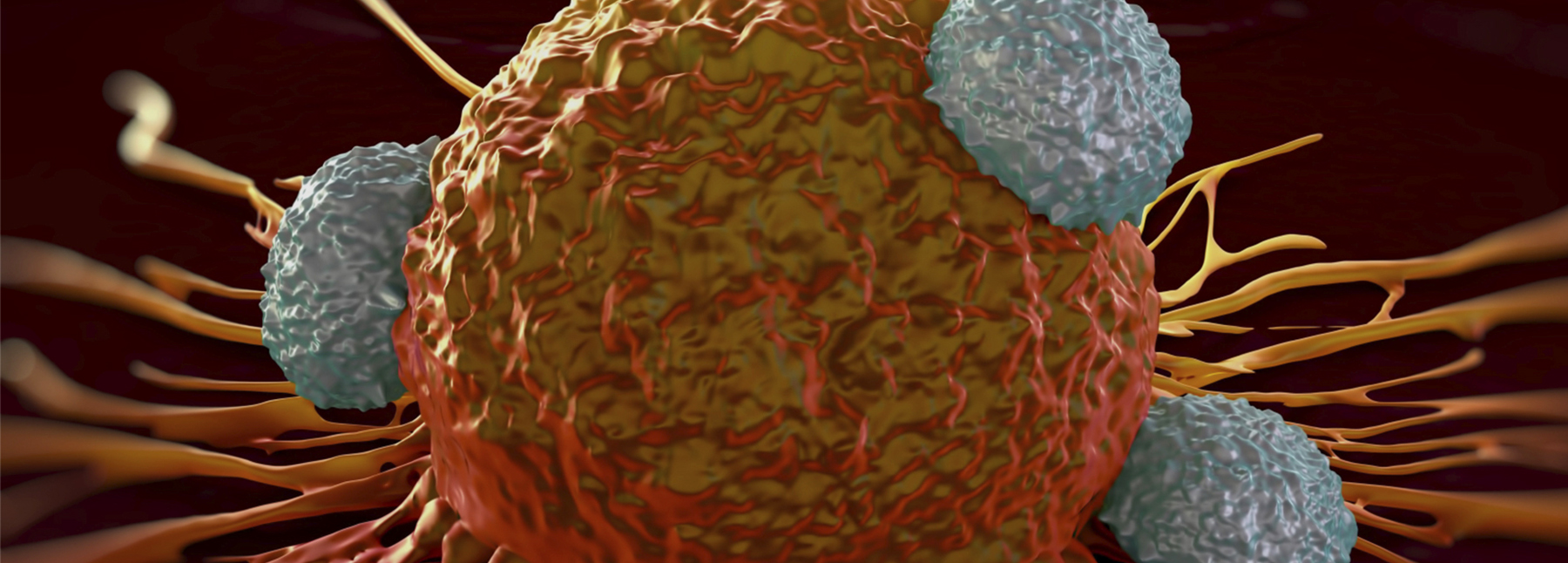Researchers have identified a molecular marker that identifies proliferating cells in normal breast tissue and can predict a woman's risk of developing breast cancer, the leading cause of death in women with cancer worldwide.
The research team from Harvard Stem Cell Institute (HSCI), researchers at Dana-Farber Cancer Institute (DFCI) and collaborators at Brigham and Women's Hospital (BWH) examined biopsies from 302 women who had been diagnosed with benign breast disease.
The research team compared tissue from 69 women who developed cancer to the tissue from the 233 women who did not, and found that women were five times as likely to develop cancer if they had a higher percentage of Ki67.
Ki67 is a molecular marker which can be found in the cells called the mammary epithelium that line the mammary ducts and milk-producing lobules. These cells undergo drastic changes throughout a woman's life and a majority of breast cancers originate in these tissues.


